Create an Ergonomic Home Office with Strategic Storage Solutions
As remote work becomes permanent for many professionals, the need for an ergonomically-sound home office has never been more critical. Smart storage solutions can help create a workspace that promotes both productivity and physical wellbeing. This comprehensive guide will help you implement the SMART framework for ergonomic storage organization.
The SMART Storage Framework for Remote Workers
Follow these essential principles to transform your home office storage into an ergonomic haven:
Strategic Placement Storage
Position frequently used items within easy reach to minimize strain:
- Keep daily essentials at desk level within your primary work zone
- Store heavier items between waist and shoulder height
- Use vertical storage solutions to maximize space while maintaining accessibility
- Install adjustable shelving that can adapt to changing needs
Movement-Optimized Organization
Design your storage to encourage healthy movement throughout the day:
- Create designated zones that require standing and gentle stretching
- Implement a rotation system for supplies to promote regular movement
- Use mobile storage units that can be easily repositioned
- Install standing-height shelving for reference materials
Accessibility Integration
Ensure all storage solutions support proper ergonomic form:
- Use pull-out drawers instead of deep storage bins
- Install handles at comfortable grip heights
- Add soft-close mechanisms to prevent strain
- Incorporate cable management solutions to prevent tripping hazards
Rotation Systems Implementation
Create dynamic storage solutions that promote variety in movement:
- Establish a weekly rotation schedule for frequently used items
- Use modular storage units that can be reconfigured
- Implement seasonal storage transitions for equipment and supplies
- Maintain a storage map to track item locations
Temperature-Controlled Preservation
Protect sensitive equipment while maintaining comfort:
- Use climate-controlled storage for electronic devices
- Position heat-generating equipment away from primary work areas
- Implement proper ventilation in storage spaces
- Monitor humidity levels in enclosed storage areas
Creating Your Ergonomic Storage Plan
Follow these steps to implement your SMART storage solution:
1. Assess Your Current Setup
- Document pain points in your current storage system
- Measure your available space and movement zones
- Identify items that need special storage considerations
- Evaluate your daily workflow patterns
2. Design Your Storage Zones
- Create primary, secondary, and reference storage areas
- Plan traffic patterns that promote movement
- Incorporate both open and closed storage solutions
- Allow for future expansion and flexibility
3. Implement Health-First Organizations
- Use adjustable storage solutions that grow with your needs
- Install proper lighting for all storage areas
- Incorporate anti-fatigue mats in standing zones
- Ensure proper ventilation throughout your space
Maintaining Your Ergonomic Storage System
Regular maintenance ensures your storage solution continues to support your wellbeing:
Daily Practices
- Return items to their designated locations
- Check cable management systems
- Adjust storage heights as needed
- Monitor temperature and humidity levels
Weekly Reviews
- Rotate frequently used items
- Clean and organize storage areas
- Assess equipment condition
- Update storage maps as needed
Investing in Your Health and Productivity
Implementing a SMART storage system is an investment in both your professional success and physical wellbeing. Remember to regularly assess and adjust your storage solutions as your needs evolve. With proper planning and maintenance, your ergonomic storage system will support your remote work journey for years to come.




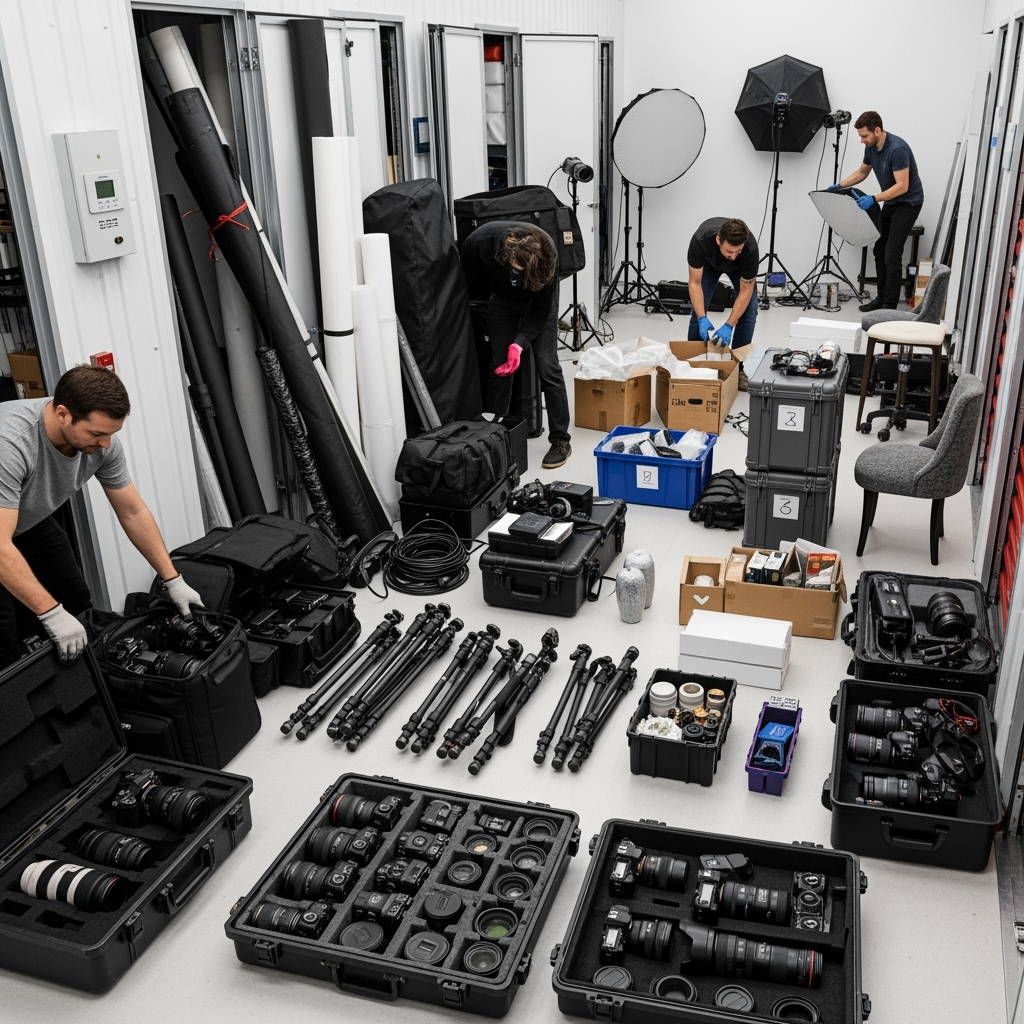
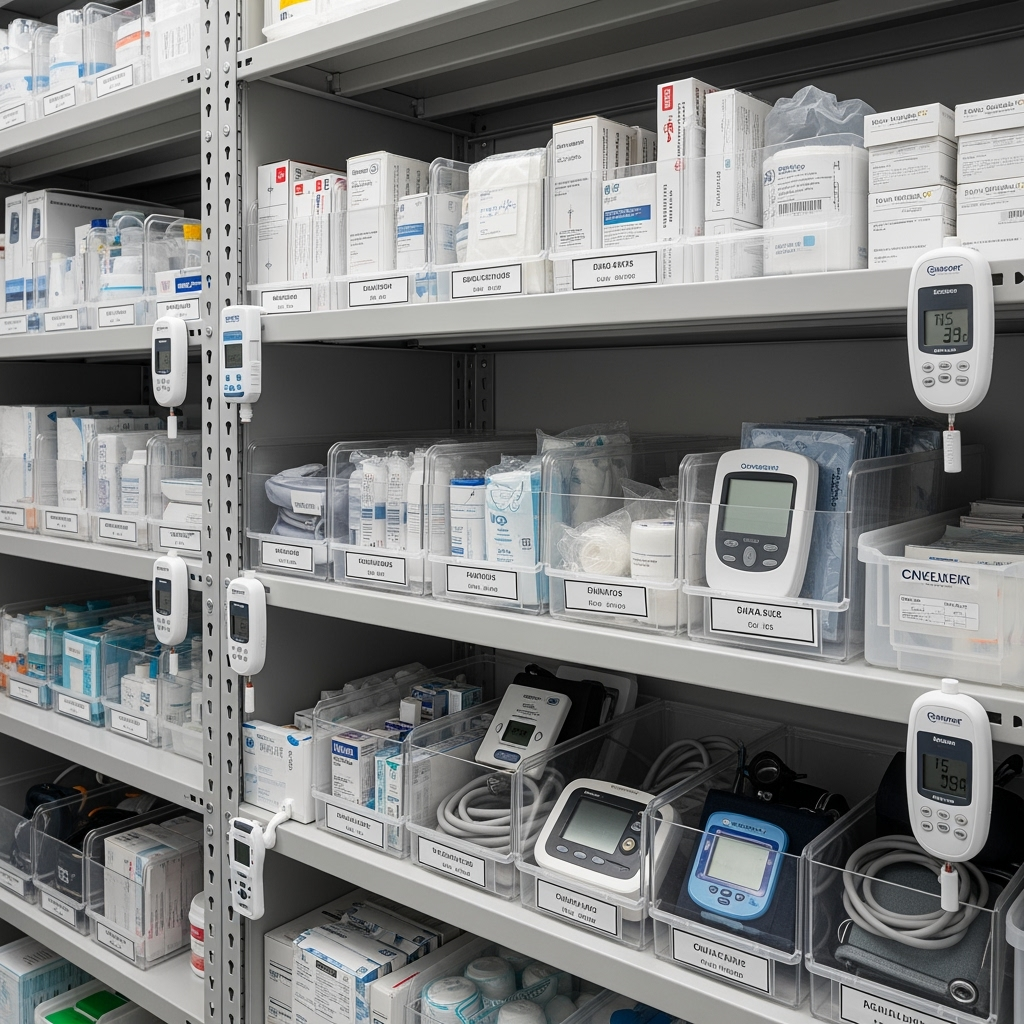
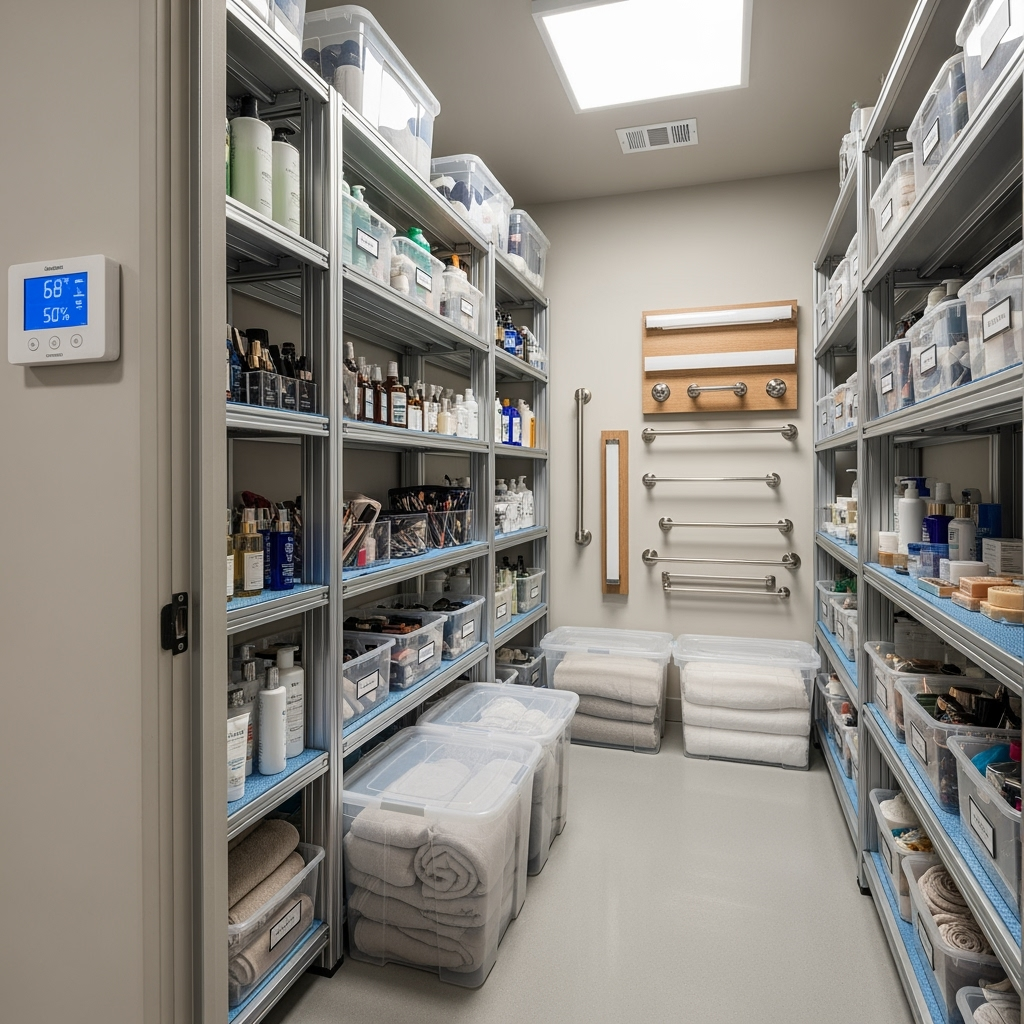
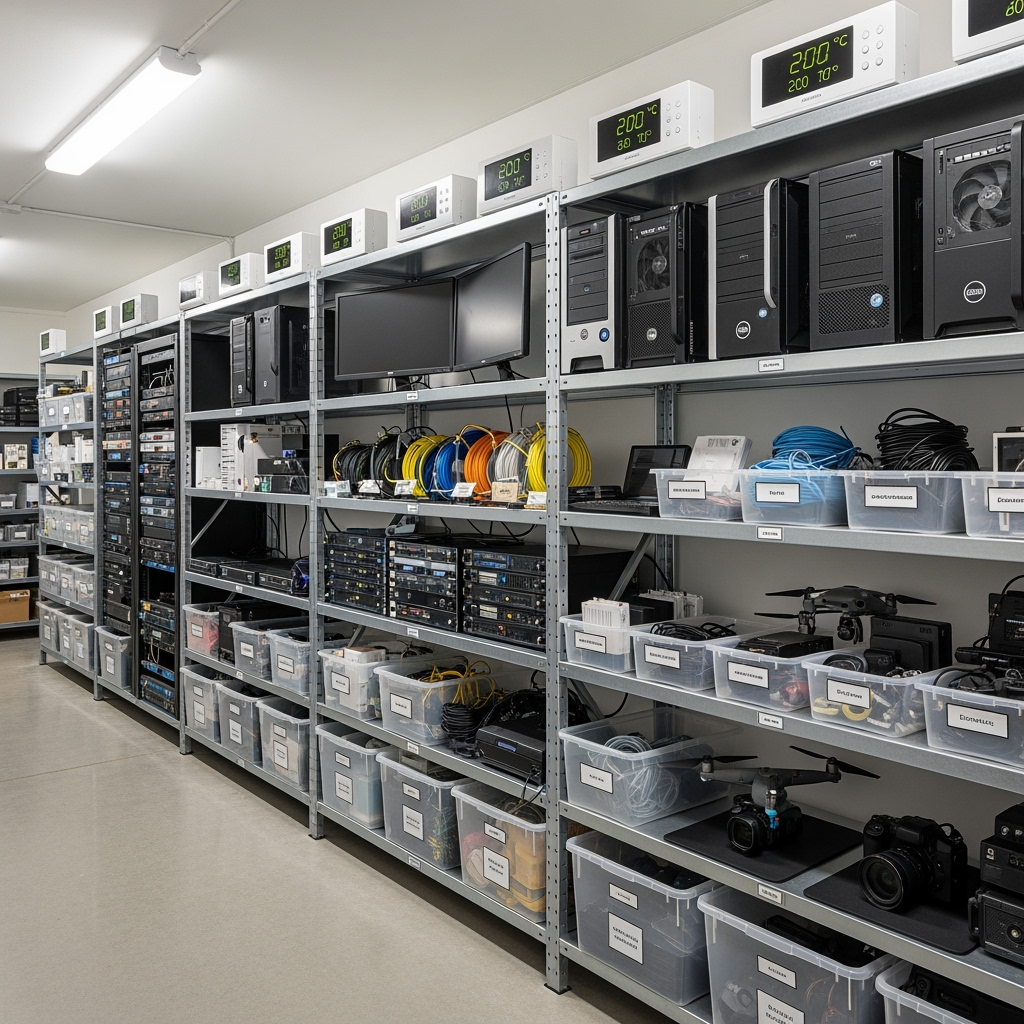
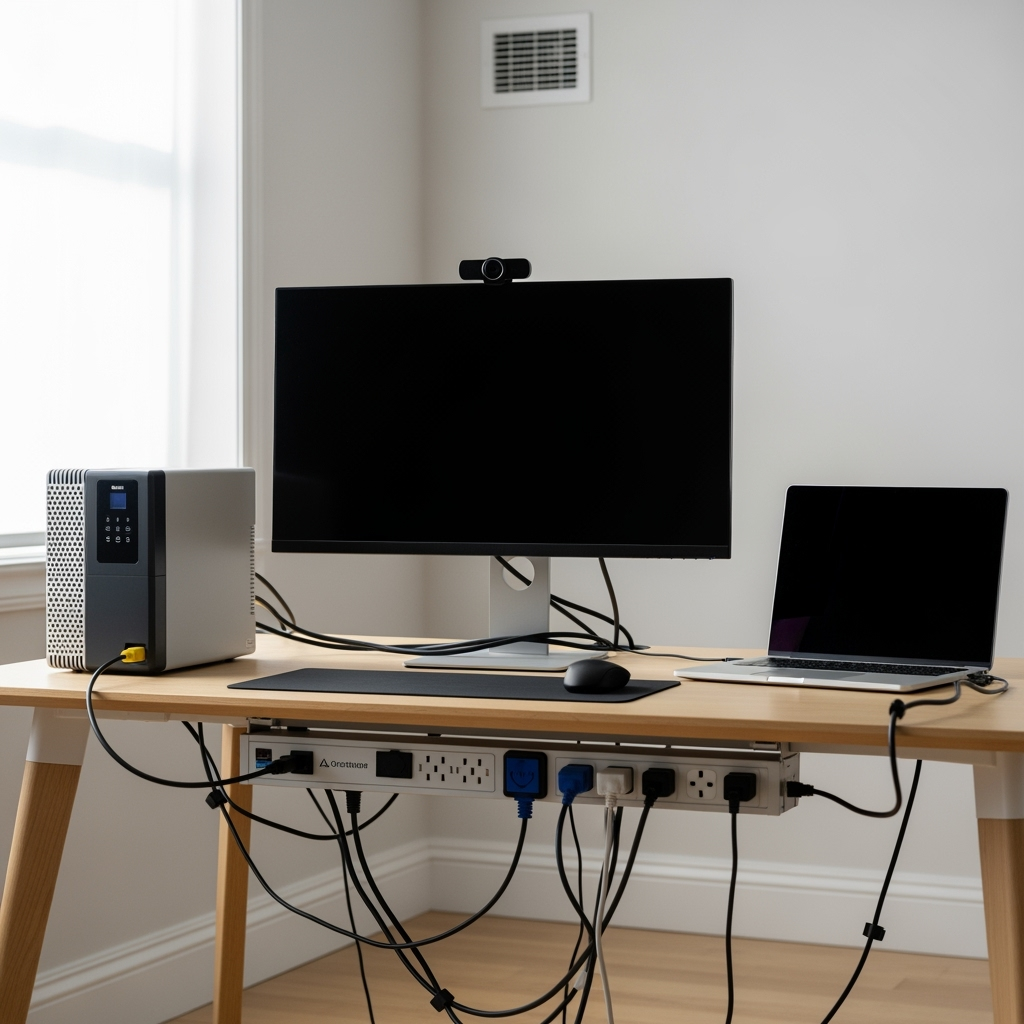
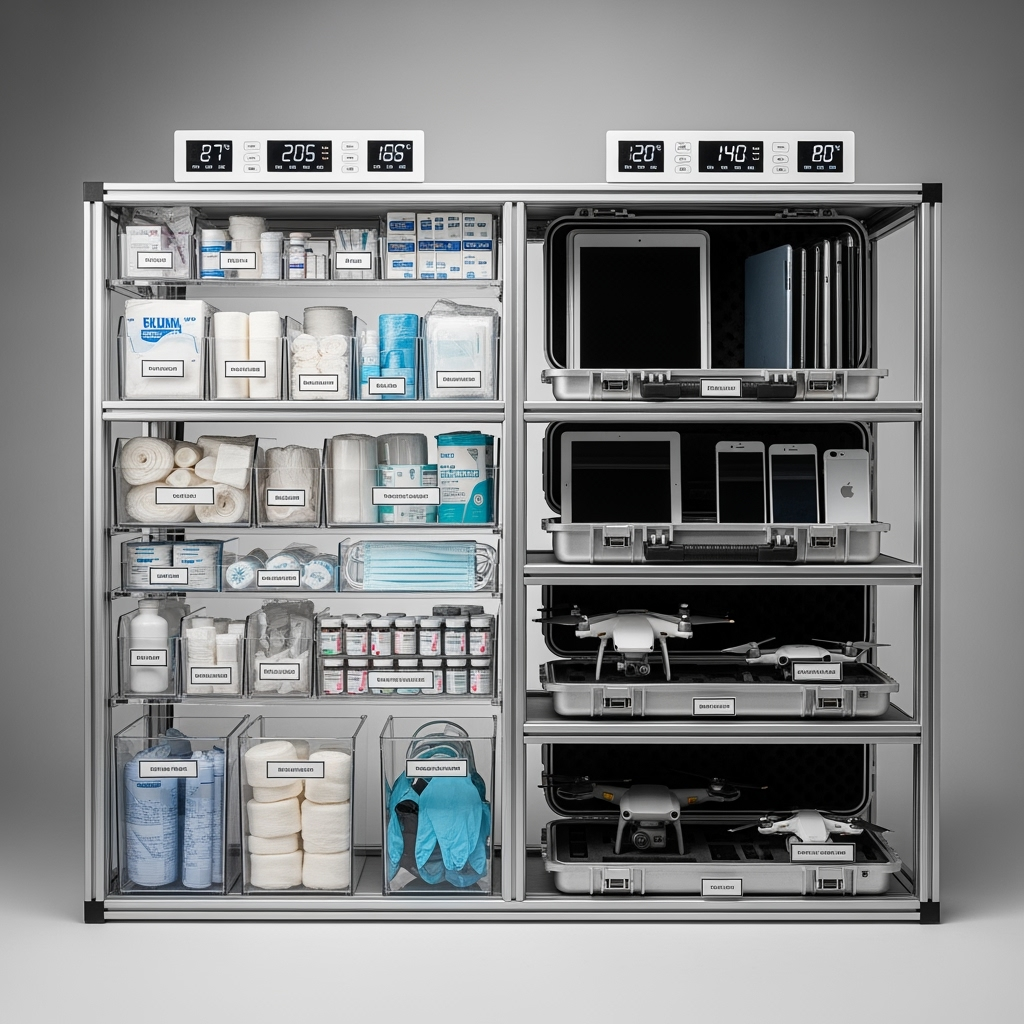
Leave a Reply